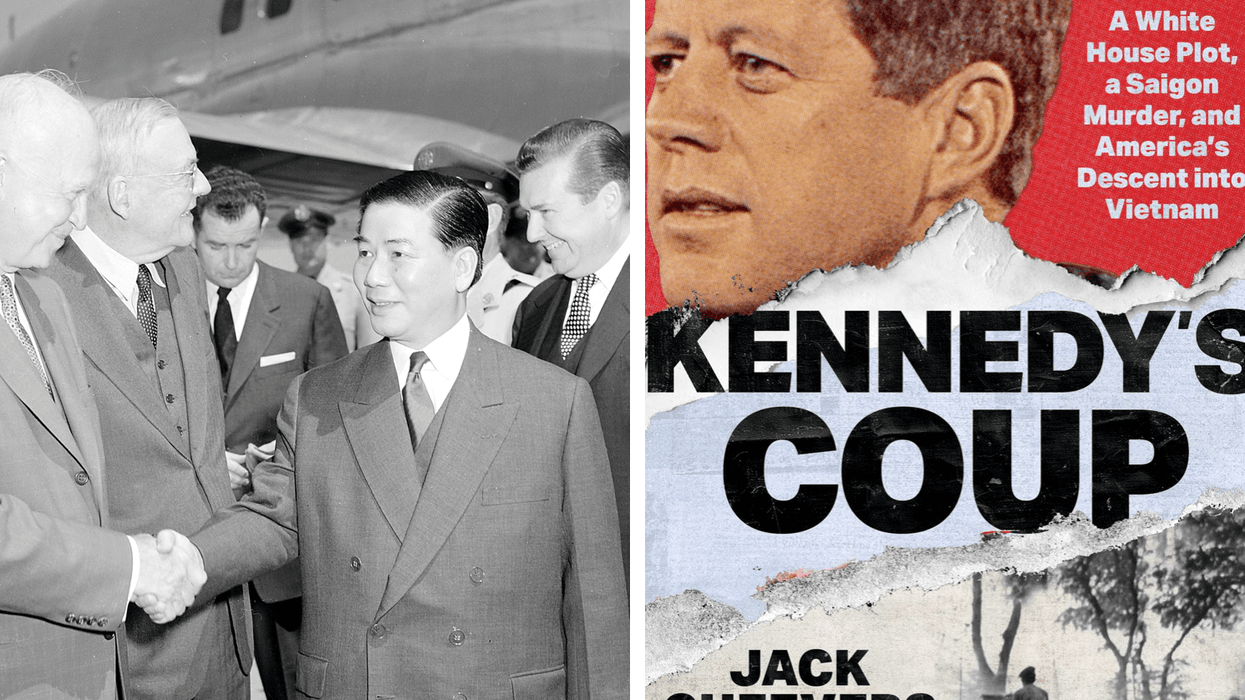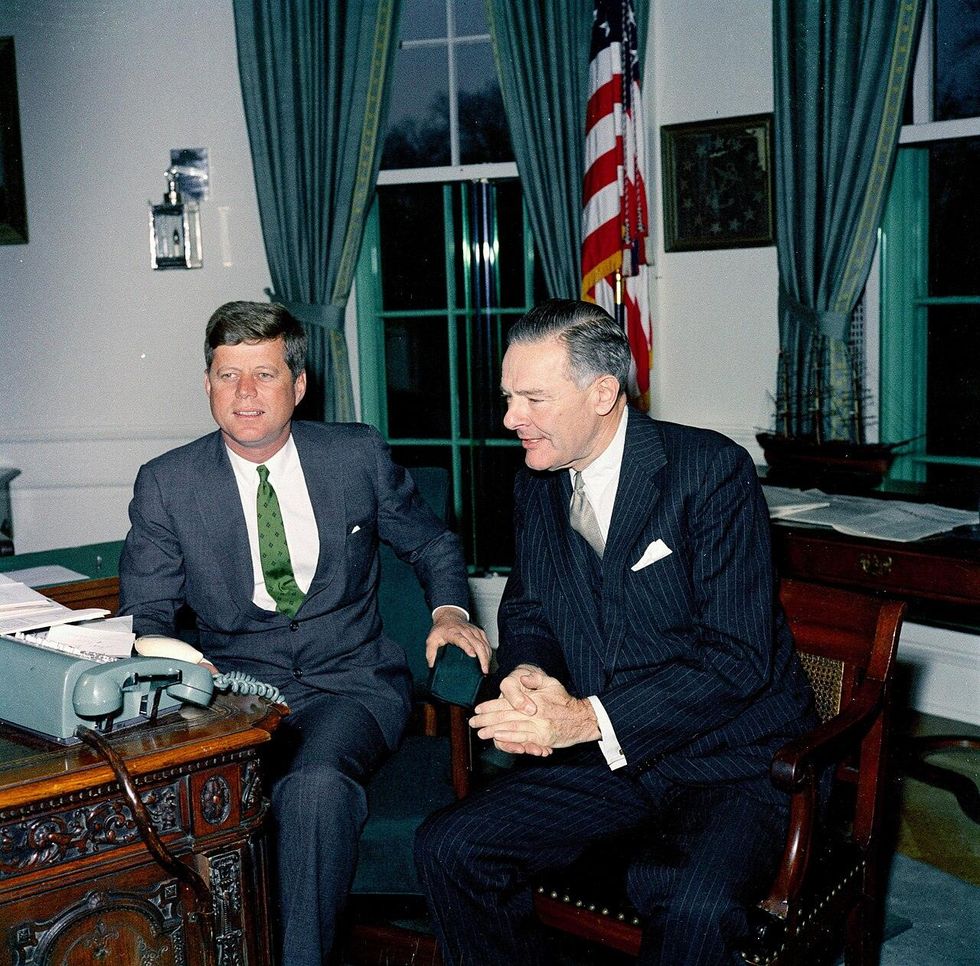As much of the world focused its attention on the recent flare up in the Palestinian-Israeli conflict, the Biden administration quietly announced a $15 million increase in the annual aid package for the Lebanese army.
Such steps could potentially serve to maintain a minimal level of security in Lebanon and prevent further U.S. entrenchment in the Middle East. At the same time increasing aid to the Lebanese army could serve to preserve a level of American influence in Lebanon as rival countries attempt to step up their role.
However, statements made by U.S. officials against the Lebanese Hezbollah pose the question as to whether this increased aid has more to do with an anti-Hezbollah agenda.
Washington’s security concerns in Lebanon
Interestingly the announcement of increased aid to the Lebanese army coincided with a letter from House Foreign Affairs Committee chair Gregory Meeks and a handful of Democratic lawmakers to Secretary of State Antony Blinken stating that supporting Lebanon has now become a security imperative, even going as far as to warn that further deterioration in the country had the potential to pose a threat to U.S. national security.
It also warned of the degradation of the Lebanese army as a result of the economic crisis that has engulfed the country, and thereby emphasized the need to increase assistance to the army.
The Democratic lawmakers argued that such a step was necessary to prevent “non state armed groups like Hezbollah and other militias” from benefitting from the situation.
It is the “other militias” that could come to pose a real national security threat of the kind alluded to by the Democratic lawmakers.
With an unprecedented economic crisis that has seen the local currency plummet to record low levels and the absence of a fully functional government for nearly 10 months — not to mention COVID-19 and the port blast — Lebanon is the perfect breeding ground for “other militias,” for example Wahhabi inspired terror groups like ISIS and al-Qaida that thrive in such environments.
It is worth noting that while Lebanon has not been a victim of Wahhabi-inspired attacks at the scale seen in countries like Syria and Iraq, it is by no means a stranger to this form of terror.
The Lebanese army itself fought a months-long battle against the al-Qaida inspired Fateh Al-Islam group in 2007 with both sides suffering heavy casualties before the terrorists were finally defeated.
Al-Qaida also established a branch for itself in Lebanon under the name ‘Abdullah Azzam Brigades” in 2009.
This group claimed responsibility for a double suicide bombing that targeted the Iranian Embassy in Beirut in November 2013, and for an attack on the Iranian Cultural Centre in Beirut in February 2014.
At the same time, an estimated 900 Lebanese foreign fighters joined the ranks of ISIS and other Wahhabi inspired terror groups in Syria.
The arrest of 18 ISIS members in a Lebanese border town with Syria by the Lebanese army in February earlier this year came as an ominous warning that Wahhabi inspired terrorists continue to pose a threat to the country and may seek to take advantage of its deteriorating situation.
Viewed against this backdrop, increasing assistance to the Lebanese army — which is viewed as a symbol of stability in the country — seems like a prudent step on the part of the Biden administration that will serve to prevent Lebanon from sliding into an intractable conflict similar to Iraq or Afghanistan.
The big question however is whether Washington is increasing its assistance to prevent such a scenario or whether it has something else in mind: namely to target Hezbollah.
During a panel hosted by the Middle East Institute on Lebanese-American security and defense ties, Pentagon officials appeared to focus on Hezbollah as the main security threat.
“Hezbollah’s terrorist and illicit activities threaten Lebanon’s security, stability and sovereignty” remarked deputy assistant secretary of defense for the Middle East Dana Stroul
Given such statements and the fact that Washington has a long record in attempting to weaken Hezbollah, one cannot rule out the possibility that the increased aid to the Lebanese army is part of plan to use this army against Hezbollah (if not now then sometime in the future)
Preserving American influence in Lebanon
The Biden administration’s intention of sending more military aid appears to contrast with the Trump administration’s approach of dealing with Lebanon as more like an Iranian aligned enemy.
As an institution which has traditionally been known to be an American ally, shoring up ties with the army serves to guarantee Washington a minimal level of influence in the country.
Interestingly, the Biden administration has taken this step at a time where superpower rivals like Russia are attempting to raise their profile in Lebanon.
A Hezbollah delegation visited Moscow last March and held a publicized meeting with Foreign Minister Sergei Lavrov during which the two sides discussed the situation in Lebanon including the need to form a government.
Meanwhile Lebanese Prime Minister-designate Saad Hariri held talks with senior Russian officials in Moscow in April.
Meeks’ letter also recommended establishing an international “Friends of Lebanon” group that would include countries like France.
Coordinating with France would indeed serve to preserve American influence in Lebanon, not least because the French maintain contacts with Hezbollah, by the far the most powerful and influential player in the country.
Again, however this would apply only if one were to assume that there is no anti-Hezbollah hidden agenda.
An American policy fixated on the demonization of Hezbollah would not serve the goal of the United States being an influential player in Lebanon. The Shiite movement is by far the strongest player in the country and its exclusion or even marginalization has proven impossible.
If Washington does indeed intend to coordinate with France on the Lebanese file it would do well to heed the advice of French president Emmanuel Macron and adopt a more realist approach that recognizes Hezbollah for the influential player it is.
What a suitable realist approach would look like
While increasing aid to the Lebanese army will not solve Lebanon’s problems, it does represent a step in the right direction provided that it’s not aimed against Hezbollah.
Preoccupation with the Shiite group would only serve to strengthen “other militias” that pose a much bigger danger to American interests. It could even be argued that Washington and Hezbollah share a common interest in preventing the rise of Wahhabi-inspired terror groups in the country.
A prudent realist approach would be for Washington to assist the Lebanese army to prevent the rise of the Wahhabi terrorist threat in any way possible, including collaboration between the army and Hezbollah. Such a scenario it not completely unthinkable and did in fact happen when the ISIS threat was at its peak in 2014.
Pursuing such a policy would help the United States avoid being sucked into another crisis in the Middle East and at the same time allow it to remain a relevant player in one of the region’s most pivotal countries.





 President John F. Kennedy and Henry Cabot Lodge Jr. in 1961. (Robert Knudsen/White House Photo)
President John F. Kennedy and Henry Cabot Lodge Jr. in 1961. (Robert Knudsen/White House Photo)










